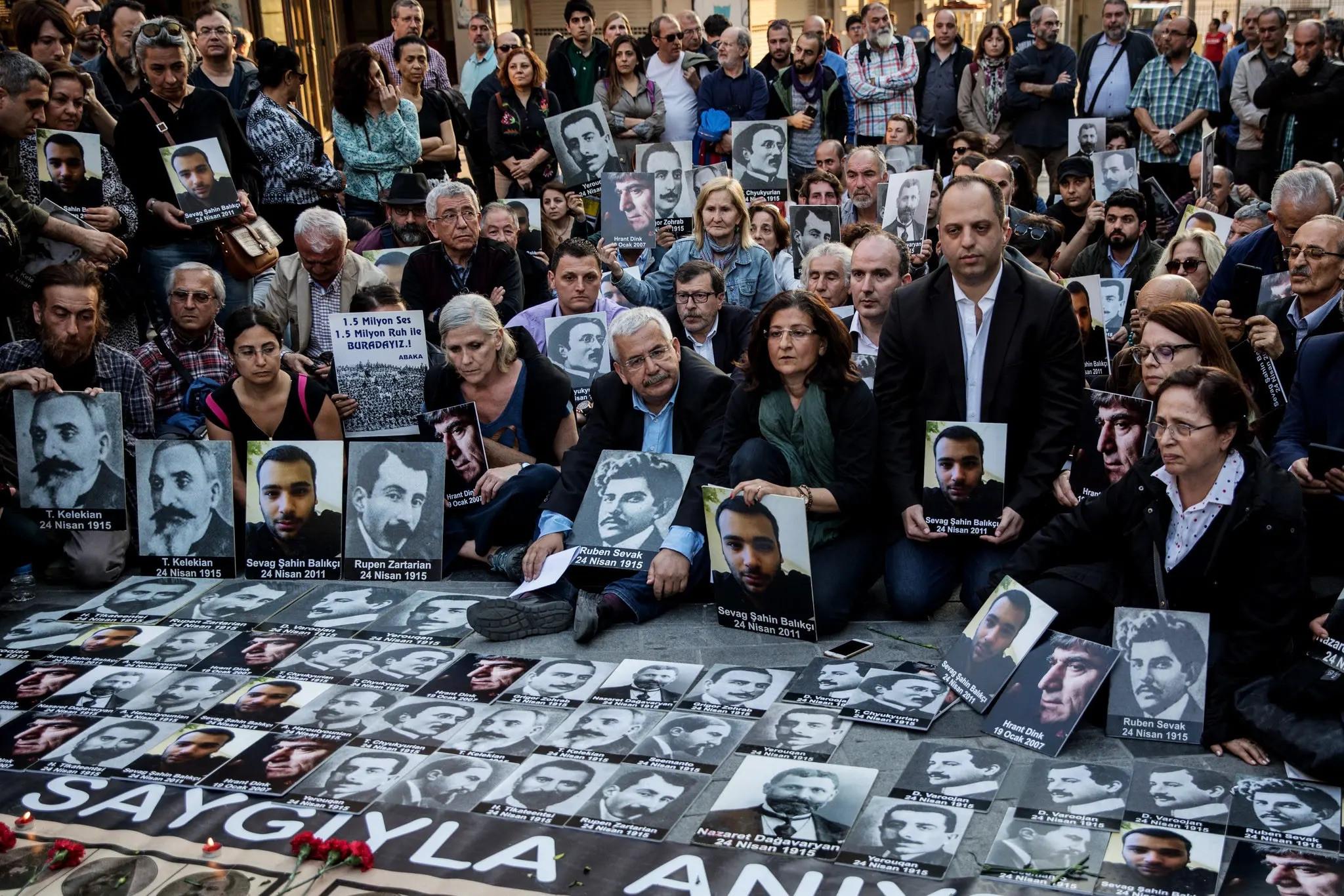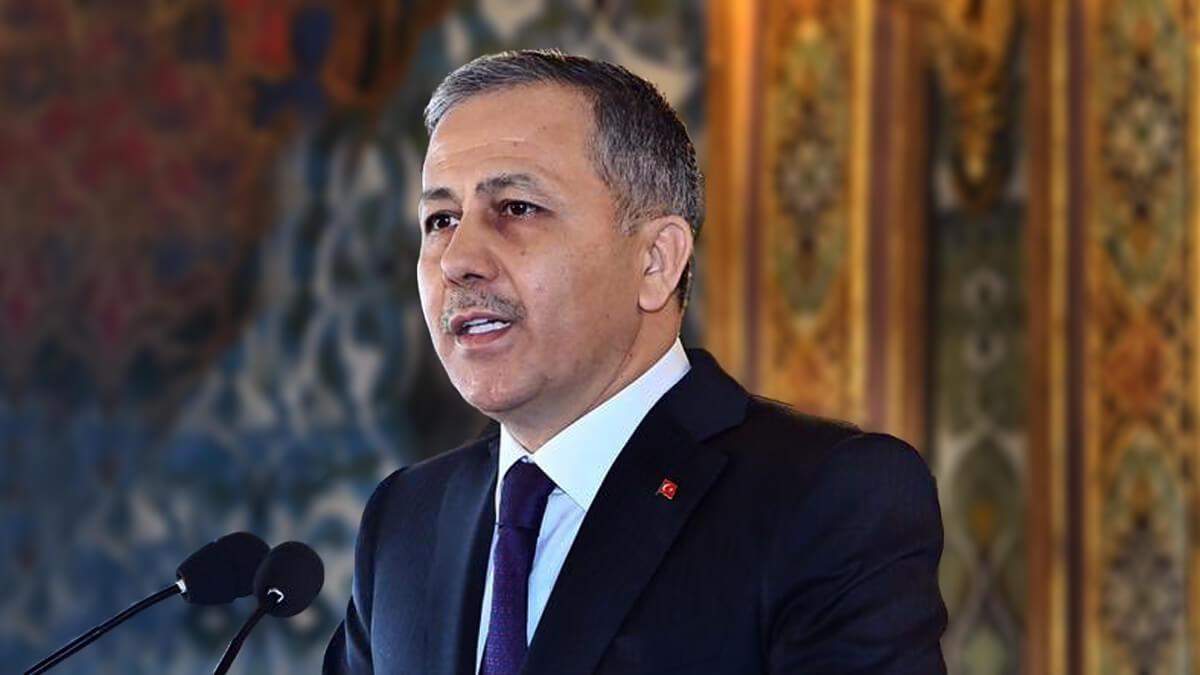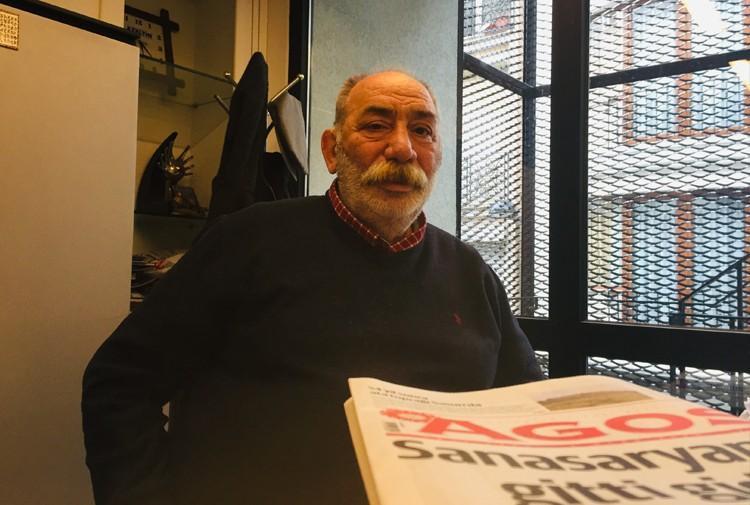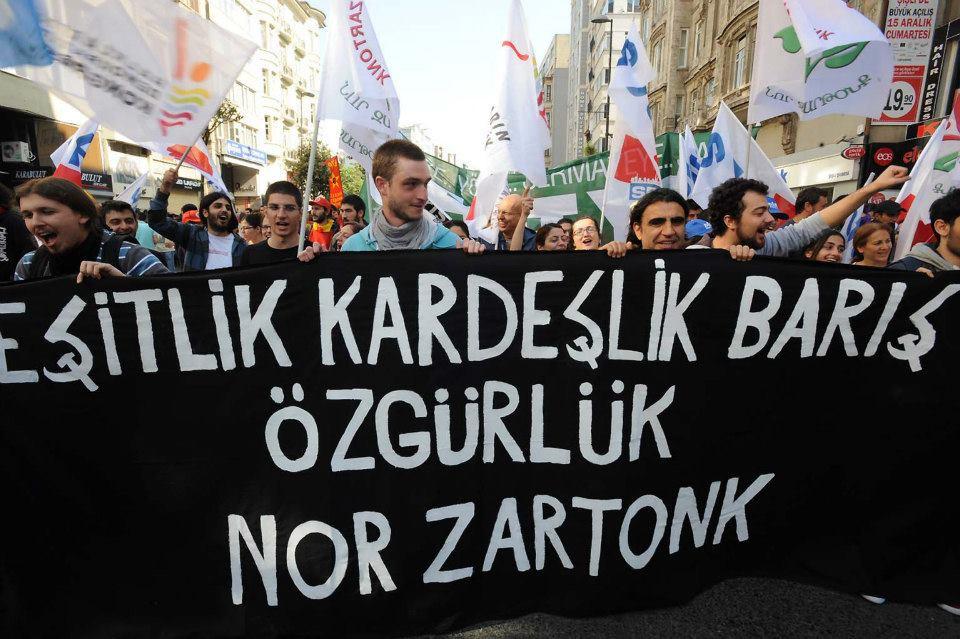
Istanbul Governor Bans Genocide Commemoration: Rising Nationalism the Culprit
Today, as Armenian communities across the globe gather to remember and pay their respects to the victims of the 1915 Armenian Genocide, no mass public commemoration will take place in Istanbul.
Ali Yerlikaya, who’s served as the Governor of Istanbul since 2018, recently banned the Armenian Genocide commemoration event planned on April 24 for the second year in a row.
“We want to ask the Governorship of Istanbul: what has changed? Why is the commemoration event, which took place in 2010-11-12-13-14-15-16-17-18-19, banned this year? … It is unacceptable to ban this event, in which we commemorate those we lost in 1915 with respect and calmness,” the April 24 Commemoration Platform, a group of activists focusing on genocide recognition, said in a statement.
The governor's office said the memorial was "not appropriate" and did not provide any additional clarification.
The decision has sparked criticism and disappointment from the Armenian community and activists who called on the governor and political decision-makers to reconsider the ban.
This ban marks the controversy in Turkey over how to address the country's history with its minority communities, particularly Armenians.
Turkey's Ban on Armenian Genocide Commemoration Reflects Rising Nationalism and Censorship Under Erdogan
In the political administration of Istanbul there are two separate positions - one is the Mayor of Istanbul, who is elected by the people’s votes, and the second one is the Governor, appointed by the ruling government.
The Governor has both bureaucratic functions and influence over local government, and has the power to reassign, remove or appoint officials of a certain number of public offices. The ban came from the latter.
“Considering this, we can assert that the decision to ban the Armenian Genocide commemoration event comes from the government,” Pakrat Estukyan, the editor of Armenian section of Istanbul based Agos newspaper told Hetq.
Agos was founded in 1996 by Turkish-Armenian journalist Hrant Dink and a group of friends.
According to Estukyan, the reason for the ban on Armenian genocide commemoration event is that the ruling government has become increasingly nationalistic, which marks a change from the past decade when such events were held annually.
The ban reflects a broader pattern of censorship and suppression of dissenting voices, particularly under President Erdogan's government, which has intensified in recent years.
“The government led by Erdogan participates in the upcoming elections having formed an alliance with nationalist and religious parties. Therefore, it considers the preferences of those circles. Not only is the commemoration event of the Armenian genocide banned, but also all demands for justice, for rights and other protests. Fascist oppression is the characteristic mode of the country, so it is not surprising that the commemoration of the victims of the genocide is banned”,- Estukyan told Hetq.
Turkey Stays True to Genocide Denial Politics
Members of Nor Zartonk (New Awakening in Armenian) movement told Hetq the ban is part of Turkey's denial politics, with the state and President Erdogan having no intention to confront the past and thus perpetuate denial through condolence statements, reducing the genocide to 'unpleasant events' during World War I.
The group said these developments come as no surprise to the Armenian community in Istanbul and that the community has become accustomed to the continuous pressure.
“The genocide is Turkey's red line. We know that,” Nor Zartonk told Hetq.
The ruling government in Armenia has been circumventing the painful and sensitive issues connected to recognition of the Armenian Genocide by Turkey and concentrated on the process of normalization of relations instead.
Recently, Armenian Prime Minister Pashinyan highlighted the potential for Armenia and Turkey to improve relations, citing Armenia's recent assistance to Turkey in response to an earthquake. He emphasized the importance of neighborly relations and the symbolic significance of Armenian flags raised during a visit to Turkey by the Armenian Foreign Minister.
Nor Zartonk members told Hetq Turkey is using the normalization process to thwart genocide recognition.
“One of the reasons for establishing good relations with Armenia is to weaken the political forces in the diaspora that struggle for the recognition of the genocide. The Turkish state wants to take advantage of the conflicts between Pashinyan and these forces. Additionally, it is taking advantage of the normalization process to maintain the military status quo in the region,” Nor Zartonk told Hetq.
Since the commemoration event was banned, the group yesterday gathered at the graveside of Sevag Balıkçı and his father Garbis Balıkçı. In 2011 Sevag Balıkçı was killed during his military service by a fellow soldier, an ultranationalist who specifically chose April 24 to carry out his crime.
The Armenian Genocide is recognized by dozens of countries and international organizations.
 Videos
Videos Photos
Photos



Write a comment